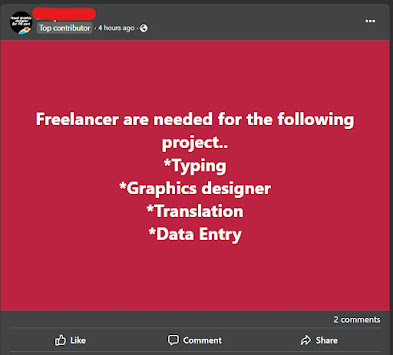AI Content Detectors: Are They Accurately Detecting Human vs. AI Writing?
It is somewhat troubling that none of the AI content detectors available today appear to provide consistent and reliable results. As someone with decades of writing experience, I've witnessed many changes in the industry, including the rise of AI-powered content creation tools, but this inaccuracy is extremely concerning.
Consider this: if these technologies can't tell the difference between human-written and AI-written articles, how can we trust them to authenticate submitted content?
I've tested a variety of content detectors myself, and the results have been mixed. I used some of my older writings, which I know for a fact were written by me, a human was labeled as AI-generated, while some of ChatGPT's AI-generated articles were labeled as human-written. It's simply not consistent or dependable enough to be considered a tool.
It's not just about accuracy; it's also about the potential impact on the industry as a whole. If we start relying on these flawed detectors to determine content authenticity, we risk hurting human authors and promoting the use of AI tools in ways that are neither ethical nor sustainable.
So, when I talk about "hurting human authors," what exactly do I mean? Well, let me give you an example.
I know a content writer who used to work with me. Sadly, he lost a long-term client because the client relied on AI detection software to check the authenticity of his work. Even though they had a longstanding business relationship, and even though my friend was 100% confident that he wrote the article himself, the client still trusted the result of the AI software and terminated the contract. Can you believe that?
It's a frustrating and unfair situation that highlights the limitations of relying solely on technology to determine the authenticity of the content. Despite the unique perspective and expertise that human writers bring to the table, AI tools like these can still have a significant impact on the content industry, for better or for worse.
AI tools can be helpful in some situations, but they can't tell us everything we need to know about whether or not content is real. There's simply too much at stake, both for the writers themselves and for the integrity of the content industry as a whole.
Overall, this is a complex issue that raises numerous concerns about the role of AI in the writing industry. Nonetheless, I remain optimistic that, with time and ongoing efforts to improve technology, we will be able to strike a balance between human and AI writing that benefits everyone. (By the way, just so you know, this post was written by me, a human, but Copyleaks identified it as having AI content.)

.png)


Comments
Post a Comment